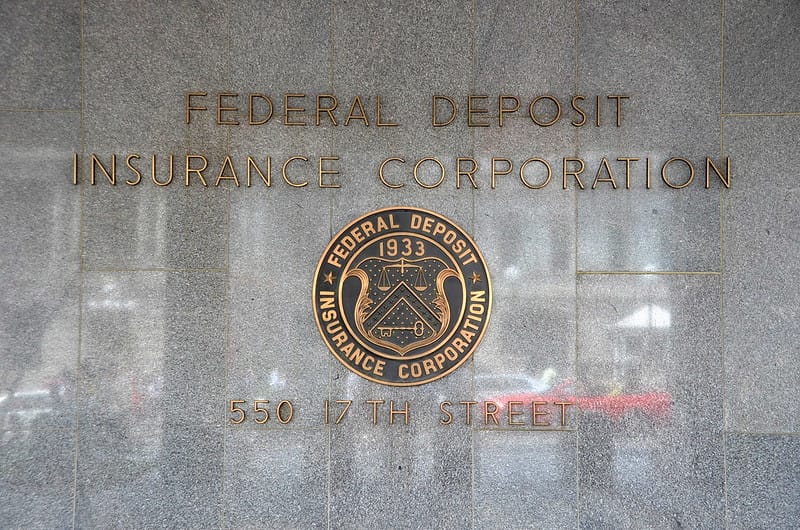Table of Contents
A recent study by the Alternative Investment Management Association (AIMA) has revealed the challenges faced by crypto hedge funds in accessing essential banking services. The findings, outlined in AIMA’s report titled “The Debanking Dilemma”, suggest that these obstacles pose significant threats to the operational efficiency and global competitiveness of the digital asset sector, particularly in the United States.
Based on a survey of 160 crypto hedge funds, the report found that 75% of respondents faced issues securing or maintaining banking relationships. These challenges are starkly contrasted with the experiences of traditional alternative investment managers, none of whom reported similar difficulties. Additionally, 67% of crypto hedge fund managers encountered barriers to banking services for their management entities.
The study also highlighted a troubling lack of transparency, with 98% of firms that were notified of potential account terminations receiving no clear explanation. The situation has fueled concerns over a broader regulatory strategy perceived to target the crypto industry, colloquially referred to as “Operation Choke Point 2.0.”
Michelle Noyes, AIMA’s head of Americas, called the findings a “wake-up call” for the financial and regulatory sectors. She emphasized the importance of addressing these systemic barriers to unlock the full potential of the digital asset industry, noting that robust solutions would promote financial inclusion while safeguarding the integrity of the banking system.
John D’Agostino, co-chair of AIMA’s Digital Assets Working Group, underscored the economic implications of the issue. According to D’Agostino, crypto hedge funds offer unique value by diversifying investment opportunities and driving innovation. However, the lack of banking access stifles this potential and undermines the U.S.’ position as a global leader in financial technology.
AIMA has called for a collaborative approach involving policymakers, financial institutions, and the crypto industry to resolve these challenges. Among its key recommendations are fostering transparent dialogue, adopting proportional risk management approaches, and establishing clear regulatory guidelines.
The timing of AIMA’s report is particularly significant as it aligns with growing calls for regulatory reform. U.S. Senator Cynthia Lummis has announced plans to hold congressional hearings on the issue in 2025, aiming to scrutinize banking practices and their impact on the crypto sector.
Despite the obstacles, many crypto hedge funds have turned to regional banks for support, showcasing the resilience of the industry. However, AIMA’s report argues that piecemeal solutions are insufficient to address what it describes as a systemic problem.
For the U.S. to maintain its leadership in the financial innovation space, it must confront these barriers head-on and ensure equitable access to banking for all segments of the investment community.











